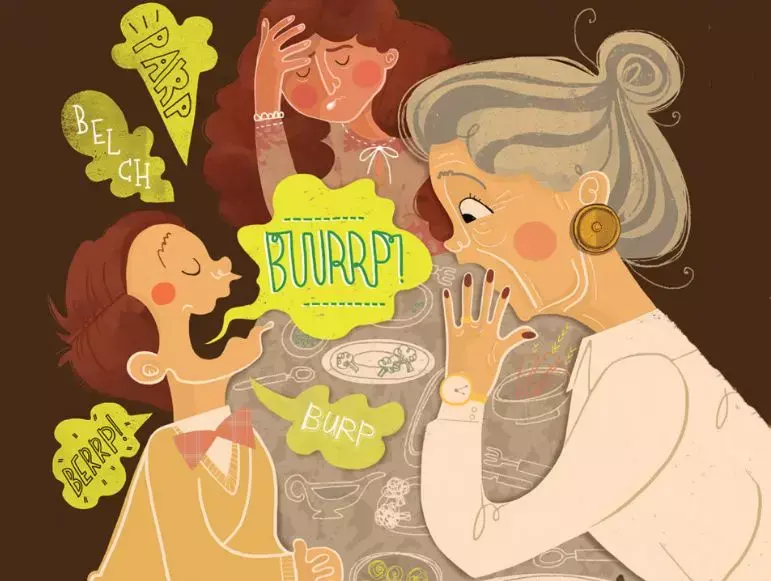- Home
- Medical news & Guidelines
- Anesthesiology
- Cardiology and CTVS
- Critical Care
- Dentistry
- Dermatology
- Diabetes and Endocrinology
- ENT
- Gastroenterology
- Medicine
- Nephrology
- Neurology
- Obstretics-Gynaecology
- Oncology
- Ophthalmology
- Orthopaedics
- Pediatrics-Neonatology
- Psychiatry
- Pulmonology
- Radiology
- Surgery
- Urology
- Laboratory Medicine
- Diet
- Nursing
- Paramedical
- Physiotherapy
- Health news
- Fact Check
- Bone Health Fact Check
- Brain Health Fact Check
- Cancer Related Fact Check
- Child Care Fact Check
- Dental and oral health fact check
- Diabetes and metabolic health fact check
- Diet and Nutrition Fact Check
- Eye and ENT Care Fact Check
- Fitness fact check
- Gut health fact check
- Heart health fact check
- Kidney health fact check
- Medical education fact check
- Men's health fact check
- Respiratory fact check
- Skin and hair care fact check
- Vaccine and Immunization fact check
- Women's health fact check
- AYUSH
- State News
- Andaman and Nicobar Islands
- Andhra Pradesh
- Arunachal Pradesh
- Assam
- Bihar
- Chandigarh
- Chattisgarh
- Dadra and Nagar Haveli
- Daman and Diu
- Delhi
- Goa
- Gujarat
- Haryana
- Himachal Pradesh
- Jammu & Kashmir
- Jharkhand
- Karnataka
- Kerala
- Ladakh
- Lakshadweep
- Madhya Pradesh
- Maharashtra
- Manipur
- Meghalaya
- Mizoram
- Nagaland
- Odisha
- Puducherry
- Punjab
- Rajasthan
- Sikkim
- Tamil Nadu
- Telangana
- Tripura
- Uttar Pradesh
- Uttrakhand
- West Bengal
- Medical Education
- Industry
Behavioral therapy improves supragastric belching and depression, finds study

Supragastric belching (SGB) is considered a behavioural disorder. SGB can manifest as a large number of belch episodes during daytime, or can be associated with reflux symptoms or rumination. Supragastric belches can be immediately followed by acid reflux and in some GORD patients, SGB-associated reflux can contribute to up to 1/3 of the total acid exposure (AET). Current treatments for SGB are cognitive behavioural therapy (CBT) and medications like Baclofen.
Recent research has suggested that behavioral therapy is superior to follow-up without intervention in patients with supragastric belching in reducing belching and depression; it also improves mental well-being but has only a modest effect on anxiety and health-related quality of life. The findings have been put forth in Neurogastroenterology and Motility.
Behavioral therapy (BT) has been proven effective in the treatment of supragastric belching (SGB) in open studies. It is also documented that excessive supragastric belching (SGB) manifests as troublesome belching, and can be associated with reflux and significant impact on quality of life (QOL); whereas Cognitive behavioral therapy reduced the number of SGB and improved social and daily activities. The aim of the current study was to compare BT to follow-up without intervention in patients with SGB in a randomized study.
In a trial designed at the Department of Gastroenterology, Helsinki University Hospital, Helsinki, Finland, forty-two patients were randomized to receive 5 sessions of BT, comprising diaphragmatic breathing exercises, or to follow-up without intervention. Patients were evaluated at 6 months, at which point the control group was also offered BT and evaluated after another 6 months. The frequency and intensity of belching and mental well-being were evaluated with a visual analog scale (VAS). Depression, anxiety, and health-related quality of life (HRQoL) were evaluated with four questionnaires: BDI, BAI, 15D, and RAND-36.
Key results have been summarized below.
- The frequency and intensity of SGB were significantly lower in the therapy group (n = 19) than in the control group (n = 18) at the 6-month control (p < 0.001).
- When all patients (n = 36) were evaluated 6 months after BT, in addition to relief in the frequency and intensity of belching (p < 0.001), mental well-being had also improved (p < 0.05). Of all 36 patients, 27(75%) responded to BT.
- Depression scores were lower after therapy (p < 0.05). Only minor changes occurred in anxiety and HRQoL.
For full article follow he link: DOI: 10.1111/nmo.14171
Source: Neurogastroenterology and Motility
Dr Satabdi Saha (BDS, MDS) is a practicing pediatric dentist with a keen interest in new medical researches and updates. She has completed her BDS from North Bengal Dental College ,Darjeeling. Then she went on to secure an ALL INDIA NEET PG rank and completed her MDS from the first dental college in the country – Dr R. Ahmed Dental College and Hospital. She is currently attached to The Marwari Relief Society Hospital as a consultant along with private practice of 2 years. She has published scientific papers in national and international journals. Her strong passion of sharing knowledge with the medical fraternity has motivated her to be a part of Medical Dialogues.
Dr Kamal Kant Kohli-MBBS, DTCD- a chest specialist with more than 30 years of practice and a flair for writing clinical articles, Dr Kamal Kant Kohli joined Medical Dialogues as a Chief Editor of Medical News. Besides writing articles, as an editor, he proofreads and verifies all the medical content published on Medical Dialogues including those coming from journals, studies,medical conferences,guidelines etc. Email: drkohli@medicaldialogues.in. Contact no. 011-43720751


